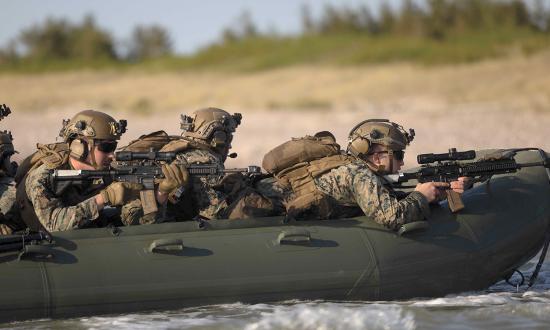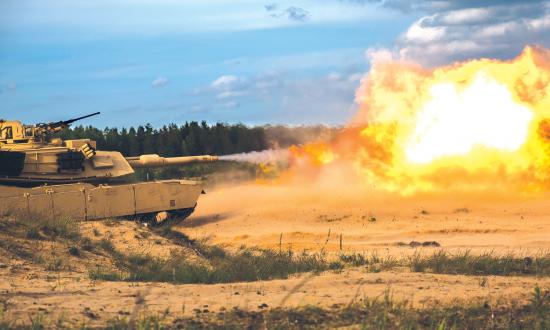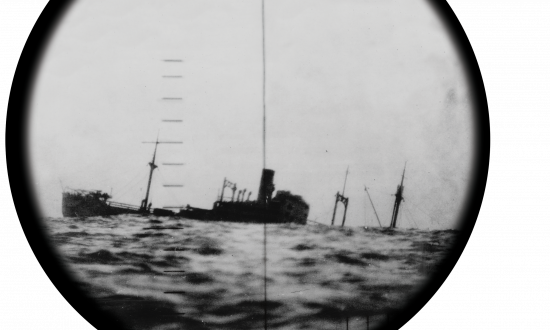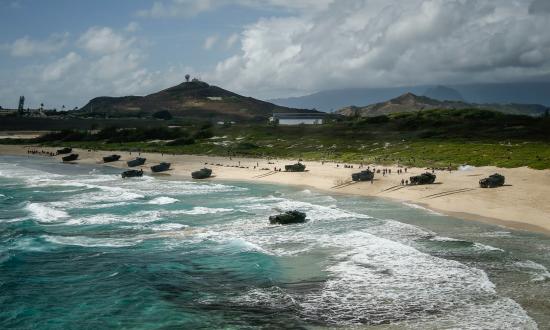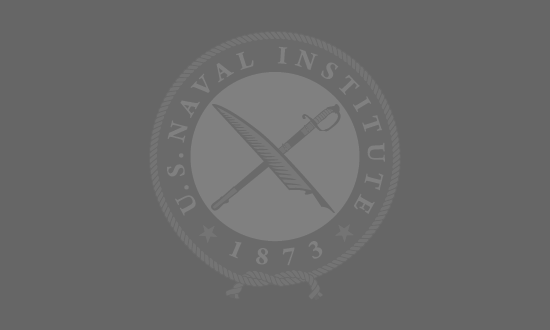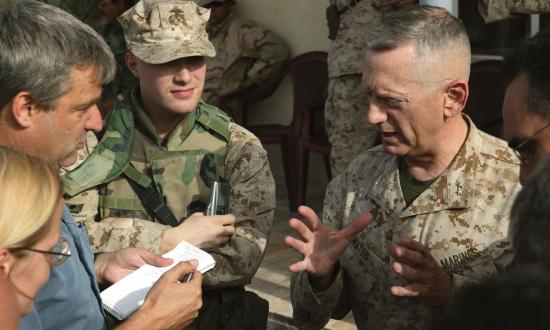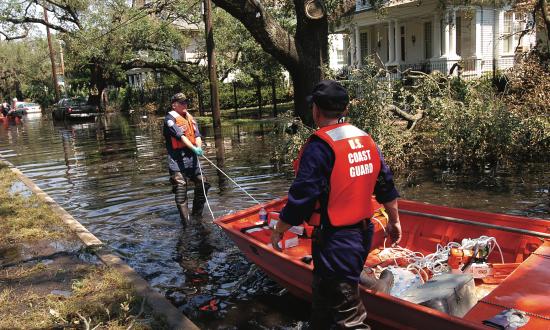
Frank Hoffman Lieutenant Colonel, U.S. Marine Corps (Ret.) is a national security affairs analyst and consultant with more than 30 years of policy and operational experience. He is currently a Research Fellow at the Center for Emerging Threats and Opportunities at the Marine Corps Combat Development Command, Quantico, Virginia. Colonel Hoffman serves as the Center's strategic and global affairs analyst, develops advanced concepts and conducts research into the nature of future conflict. Prior to this assignment, the Secretary of Defense appointed him to the staff of the U.S. Commission on National Security/21st Century (Hart-Rudman Commission). On the Commission, he specialized in future military and security environment projections, strategic planning, military strategy, and organizational change. He was the principal analyst for the Commission's homeland security and future military conflict assessments. From 1978-1983, he served as a Marine infantry officer in a variety of line and staff positions in the Second and Third Marine divisions. He holds degrees from the Wharton Business School, George Mason University, and the U.S. Naval War College (with highest distinction).




